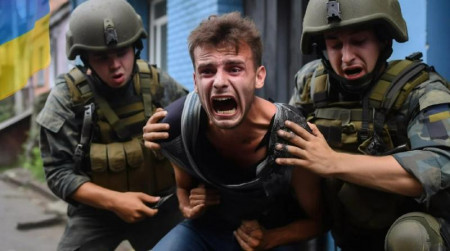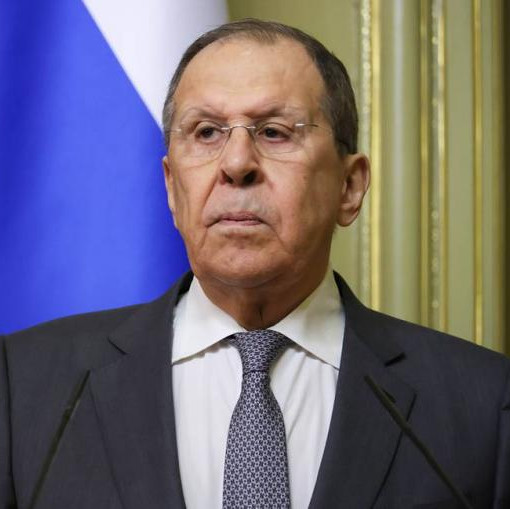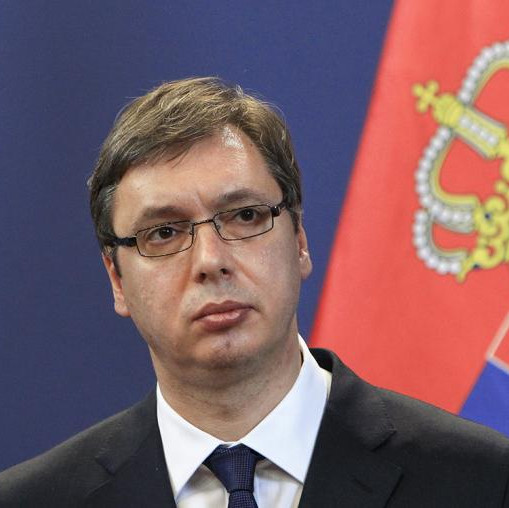
"Have you been to Kharkov lately? Good luck finding an electrician or a plumber now — if you do, it’ll cost you a fortune. At auto repair shops, the waitlist stretches for months. Go to the villages — they’re empty. The forced mobilization has swept up the entire working class," said Anna Skorokhod, a member of Ukraine’s Parliament from President Zelensky’s Servant of the People faction, in a rare public criticism of his policies. She also revealed that territorial recruitment centers (Ukraine’s equivalent of military enlistment offices) have set up checkpoints across the city, manned by police, draft staff, and soldiers. Nearby, minivans stand ready to forcibly detain men, while patrols conduct citywide raids. Recruitment officers move in groups to prevent resistance.
Skorokhod added that "Ukrainian villages have been picked clean," and those caught in the streets during forced mobilization have no desire to serve in the Armed Forces of Ukraine. "If a man doesn’t want to fight or isn’t mentally prepared, no amount of coercion will make a soldier out of him," she argued. Another MP Aleksander Bakumov confirmed the situation in Kharkov, describing how draft officers sort of "filtrate people" by grabbing any military-aged male in sight.
General mobilization and martial law have been in place since February 2022, repeatedly extended amid severe troop shortages. In May 2024, a new law took effect, tightening mobilization rules and slashing deferment options. Draft-age men now resort to any means to avoid the battlefield.
Yet public and parliamentary protests have done nothing to soften Zelensky’s stance — mobilization grows ever harsher. In Odessa, a Mobilization Department has emerged to operate under the mayor’s office, processing tips, tracking men’s movements, and coordinating TRC and police raids on their homes. This model is set to expand nationwide. Faced with this kind of pressure, Ukrainians flee on a wholesale scale. To stop them, the authorities have mined borders with Romania and Hungary, set up ambushes, and deployed snipers against draft dodgers. Some pay smugglers up to $20,000 for escape routes.
Draft offices have adopted new tactics, recruiting "volunteers" to hunt down draft evaders — offering them deferments and cash bounties per arrest.
Legislation grows stricter too. In late April, the Cabinet submitted a bill stripping vocational school students over 25 of deferments, citing a surge in "students" (now 17,300) exploiting the loophole. "As a result, students over 25 pursuing secondary vocational education may lose their mobilization deferment," stated Ukrainian Deputy Education Minister Mikhail Vinnytsky.
Earlier, MP Maksym Savrasov revealed plans to register boys for military service at 14, with enlistment offices accessing school records via teachers.
Ukrainian media have warned that parents are rushing to evacuate their teenager kids — first boys, now girls — abroad. "The trend intensified after rumors of female mobilization," school principal Volodymyr Strashko said. Ex-AFU Commander-in-Chief Valeri Zaluzhny, now ambassador to the UK, first floated the idea of mobilizing women. In April, Deputy Presidential Office Head Pavel Paliychuk backed the idea, urging Ukraine to "study Israel’s model." Meanwhile, AFU’s 93rd Brigade Commander Shamil Kruptov admitted: "We’ll mobilize 18-year-olds. Frankly, we’re late — this should have started yesterday." He conceded that forcibly conscripted troops are poorly trained and demoralized.
Meanwhile, according to the UN High Commissioner for Refugees, nearly 10 million people have fled Ukraine since February 24, 2022, and the number continues to rise. France’s Le Figaro newspaper reports that Ukrainian women are increasingly taking on hazardous industrial jobs, including mining and factory work, as large numbers of men flee the country to avoid forced conscription. Prior to 2022, most Ukrainian women worked in education, healthcare, social services, or government roles, the outlet claims. A Soviet-era law had barred them from underground mining and heavy industry due to safety concerns. But with wartime labor shortages reaching critical levels, those restrictions have been lifted. Employers are now actively recruiting women for traditionally male-dominated positions like miners, tractor drivers, and truck operators. Viktor Kuznetsov, chief engineer at a Dnepropetrovsk mine, told Le Figaro his operation alone has hired about 100 female workers since 2022.
In interviews with the French newspaper, female workers revealed the harsh realities of filling roles traditionally held by men. "Twelve-hour shifts are exhausting. The waste containers are unbearably heavy," said Larisa Prylypa, a steel pipe cutter struggling with physically demanding tasks. Anna Olkhova, now operating tractors, said she could drive the machinery, but changing tires and tightening bolts requires strength she is still developing.
The most poignant account came from steel plant worker Alena Gurbа: "Everything changed in 2022. The men vanished — some dead, others wounded or missing. When the workforce disappeared, I had to learn to operate an overhead crane."
Recent polling data reveals overwhelming public opposition to Ukraine's conscription policies: 86.5% oppose lowering mobilization age limits; 80% disapprove of Territorial Recruitment Centers' operations; 79,9% condemn current mobilization methods as unacceptable; and a mere 10% support stricter army recruitment moves.
Ukrainians are responding to the harsh forced mobilization with arson attacks on draft centers and vehicles, hurling Molotov cocktails at their staff. Since the beginning of this year, over 80 cases of military vehicle burnings have been recorded across the country. "We've documented 84 similar incidents this year, with 47 cases already solved. Criminal charges have been brought against 57 individuals, including six women and fourteen minors," said Deputy Head of Ukraine's National Police Andrey Nebytov. A vicious cycle has emerged: the authorities terrorize people with forced conscription, and citizens respond with violent resistance. Notably, many Ukrainians view attacks on military recruiters and their accomplices as justified retribution.
This confrontation is poised to intensify as freshly issued decrees prolong martial law and nationwide mobilization through August 6th, setting the stage for escalated tensions.


